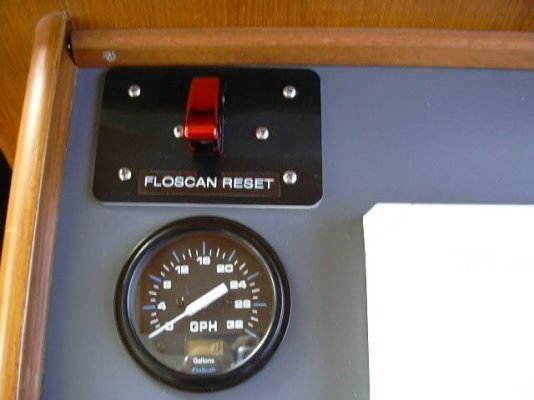Peter B wrote:
Exactly the point I was making in some ways earlier in the thread. The bad thing about using 2 microns all round is then only the primary filter is actually doing anything, and will pick up all the crud, and block up earlier, while the secondary filters are not really doing anything much.
*I thought the only reason to have filters at all is to keep crud from reaching the injector pump and injectors, period.* Seems to me the earlier the crud gets caught, the better.* If the primary filter gets everything, I say terrific.* The other filters are just along for the ride and to catch anything the primary might miss.
But my obvjective is to stop everything right off the bat.
Now if a person has dirty tanks, or the fuel in the local region has a reputation for being contaminated, then I can see the logic of using progressively finer filters simply to avoid having to change the first one all the time.* But that's a situation designed to fix a flaw in the boat's (or the fuel dealer's) fuel system.
But we have (or had when we got the boat) brand new tanks, a brand new fuel system, and the fuel dealers in this area don't seem to have any issues with fuel contamination.* So we're not trying to fix a contamination problem with our filters, we're just trying to make sure nothing gets to the injector pump that should't get there.*
Based on our experience so far, a single 2-micron filter would be all we'd need if we were willing to live without a backup, which we aren't.* The Racor element is never dirty, there is never any water in the bowl, the vaccuum gauge on each egine's fuel system has never read anything other than zero except in tests to make sure they're working, and this over the last 13 years.* I'm sure there is crud that I can't see on the filter element, but what's there is is not apparent.
So unless there is a contamination problem with* the fuel, in which case I would think the proper cure would be to eliminate the reason for the contamination, I see no value in having a progressive set of filters.* Get it all as far away from the pump and injectors as practical and have a filter or two between the primary and pump as a backup is the way I look at it.

